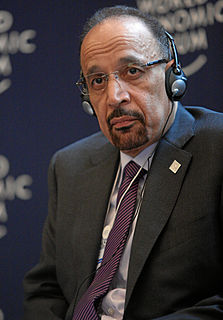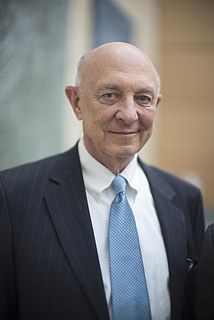A Quote by Elizabeth May
We import a lot of oil, particularly to eastern Canada, from Saudi Arabia, Kazakhstan, Venezuela, a lot from the U.S. So if we're looking at how do we phase out fossil fuels in the period in which we're phasing them out, let's only use Canadian.
Related Quotes
I move countries every three or four years. I was born in London, and we lived in Canada. Then we lived in Saudi Arabia until the Gulf War broke out, when we were forced to leave. Then we hop-scotched for a while from Holland back to Canada back to Saudi Arabia. Then there was D-day, so we had to get out again.
Most progressive in the Democratic Party doesn't cut it, you know. If we still can't have a health care system that provides health care as a human right, if we still cannot, you know, ban fracking and fossil fuels and move like our lives depend on it - you know, we say in the next 15 years we need to phase out fossil fuels.
Look, I don't think President Obama would have bowed to the ruler of Saudi Arabia if he didn't have oil to the degree that the Saudis do. I think they and other producing states, almost all of whom, except Norway and Canada, are dictatorships or autocratic systems, have thrown their weight around because of oil.
We should certainly not be perpetuating further harm to others or to the environment. Suppose that workers at ExxonMobil are trying to unionize. We have two choices: to help them improve their lives, or to keep away so that their lives will be worse. Neither choice has any effect on use of fossil fuels. So radical organizers can both help them unionize and improve their lives, and convince them to find a different way to survive and work for ending the use of fossil fuels.

































